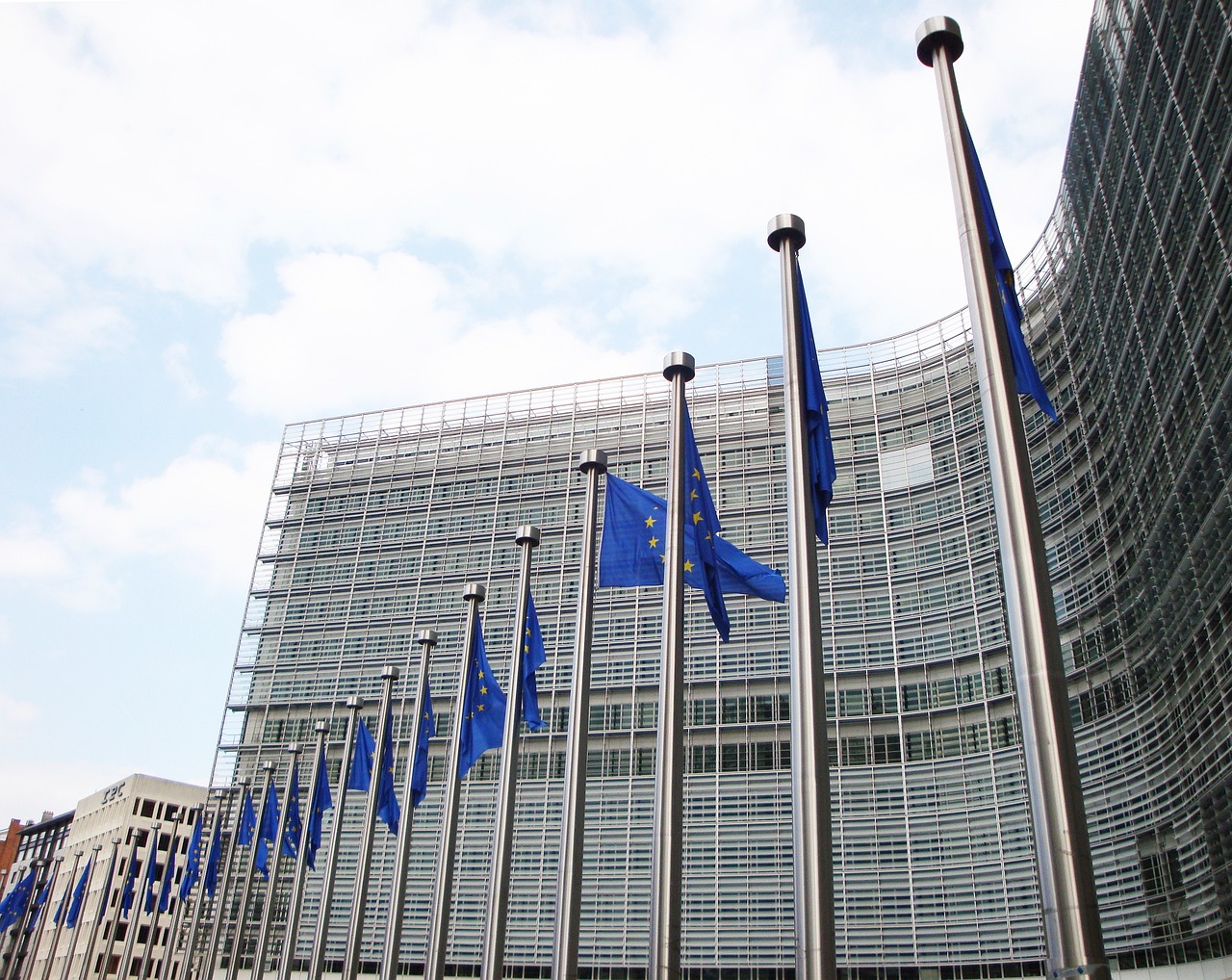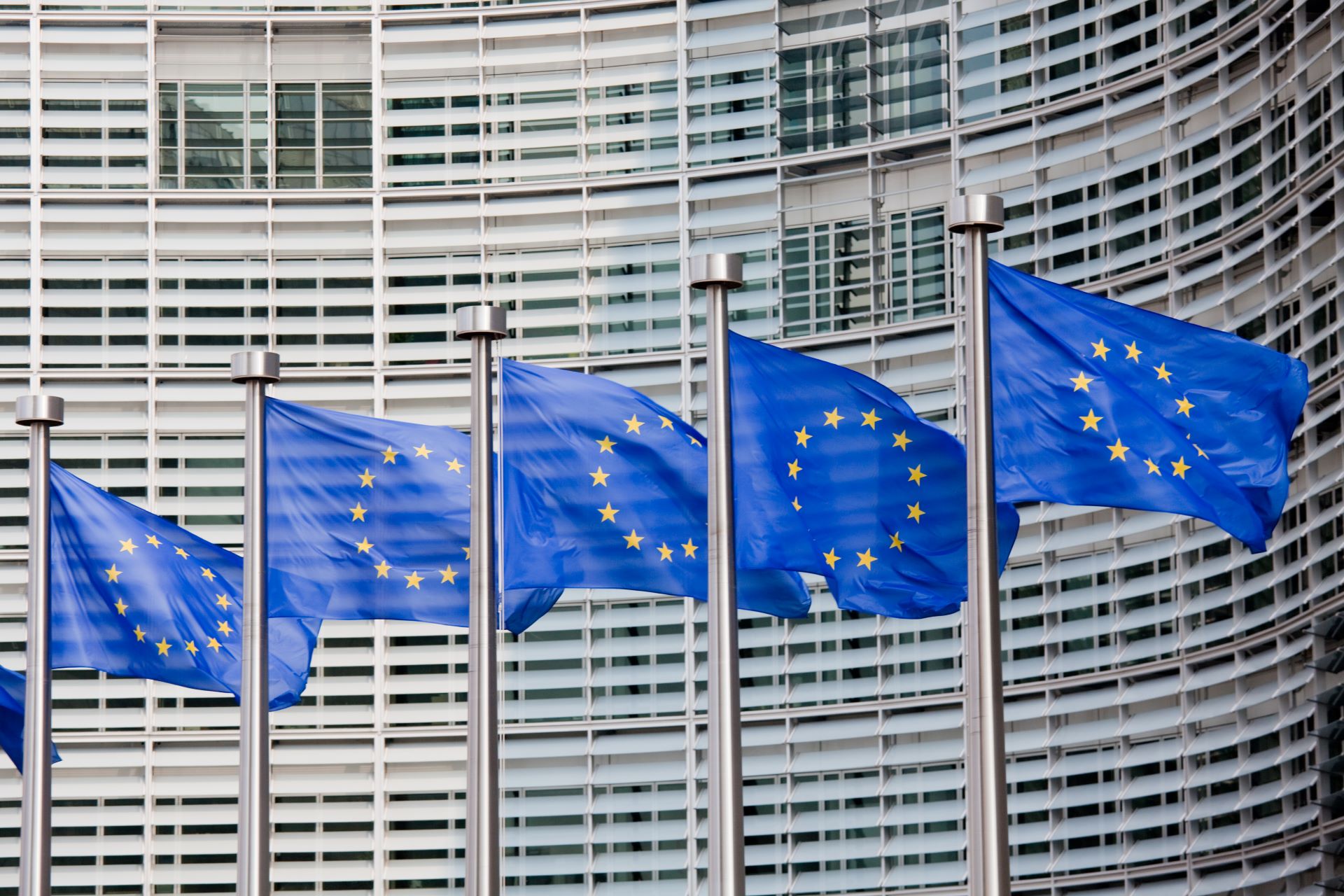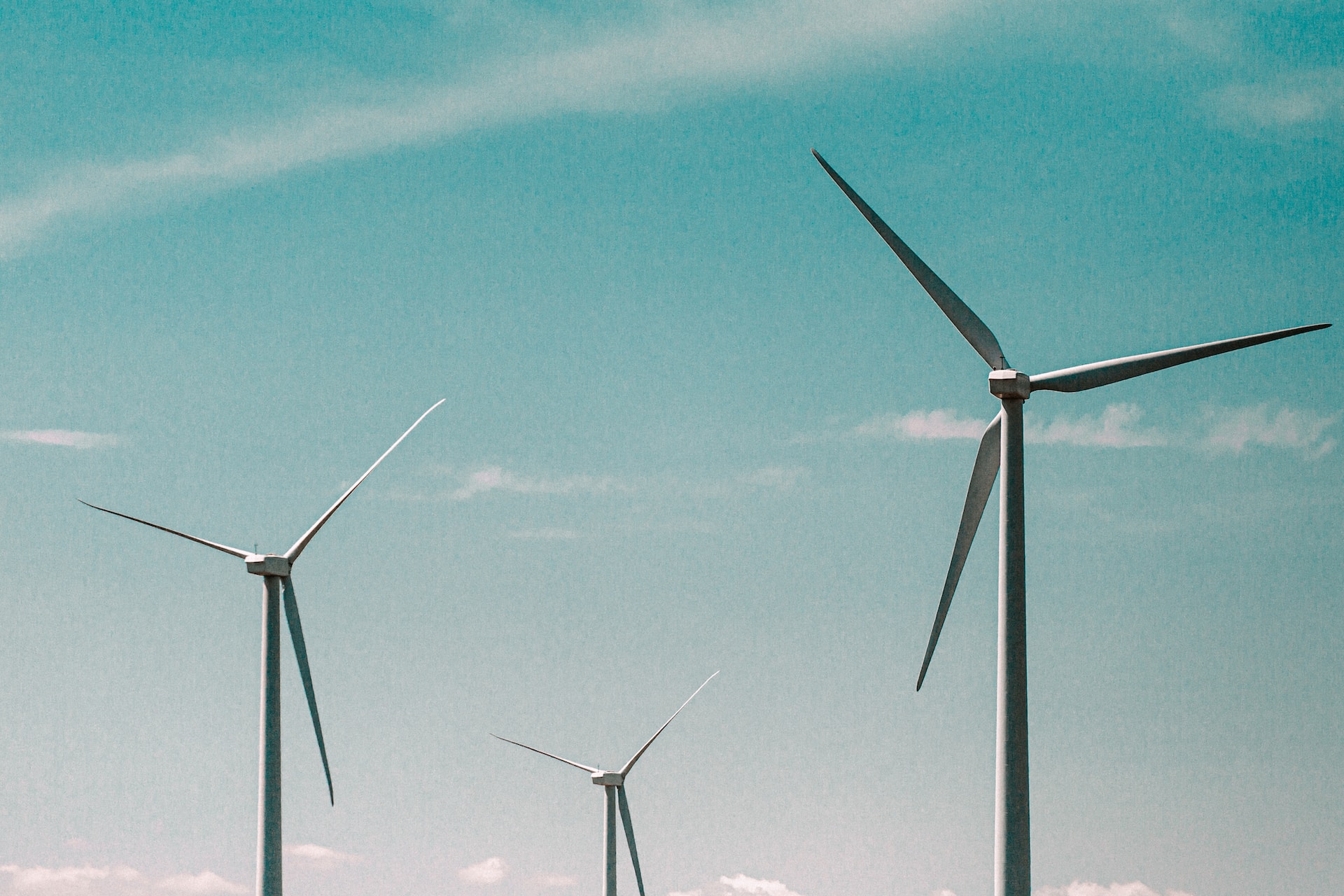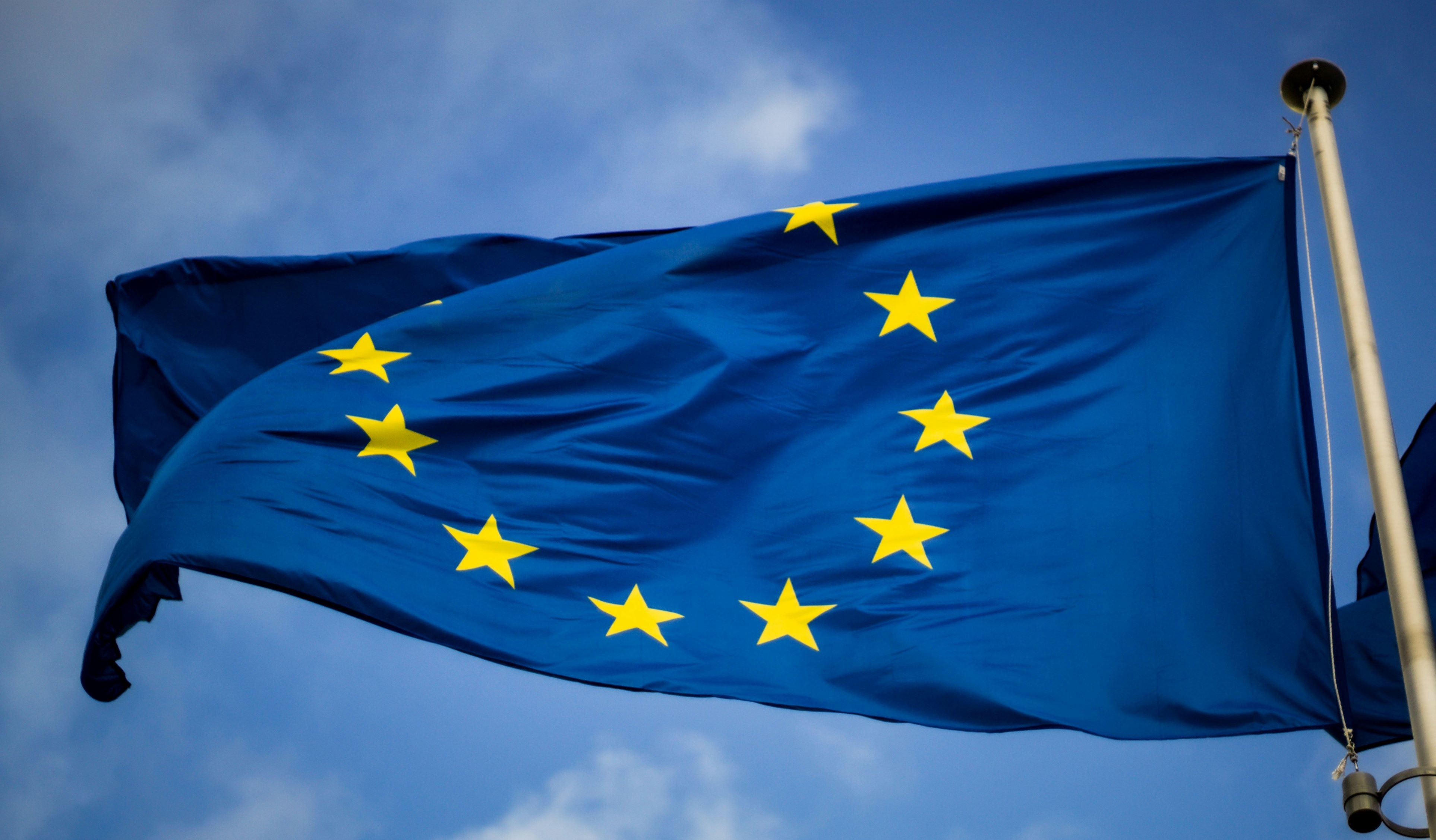Net zero progress assessment limited to emissions
The European Commission itself explicitly recognises the lack of information on the enablers. However, the Commission’s assessment of progress towards climate neutrality focusses almost entirely on GHG data and does not provide comprehensive information on enablers.
"More detailed monitoring is needed to assess progress on enabling factors that drive emissions in the different sectors to better highlight areas where progress is lacking or more action is needed"
- Climate Action Progress Report 2023, EU Commission
Information on the progress of underlying enablers that drive emission reductions in a sector (or across the economy) is important to understand what drives or inhibits the emission reductions now and in the coming years. Monitoring enablers allows for the detection of change (and lack thereof) before it is reflected in emissions. Accordingly, ECNO’s approach has defined a set of 13 building blocks of a climate neutral future, including sectors and cross-sectoral elements, and identified both objectives and enablers for each of them, as well as related indicators to measure economic and societal change.
Connecting with existing resources and systems
The CAPR is clear about the need for a more detailed monitoring system to identify enabling factors – and our analysis identifies relevant information in various places throughout the existing climate and energy related reporting that is published with the State of the Energy Union. At the same time, national authorities have limited resources available for reporting and the Better Regulation agenda demands a reduction of the administrative effort, including through the streamlining of reporting obligations. One key next step in devising a more in-depth system looking at enablers for the transition will thus be to figure out which existing resources are available that could be drawn upon.
EU policy already has existing monitoring and accountability frameworks for a range of different purposes, and supporting bodies like Eurostat or the European Environment Agency to help manage them. The broad scope of the transition to climate neutrality implies that there could be linkages made with tracking systems from a variety of different policy fields.
Moreover, smart integration could reduce overall administrative burden. Duplication of data submissions could be avoided through a streamlining of climate neutrality transition related indicators.

Next progress assessment in 2025
The EU Climate Law only requires the next assessment to be carried out in 2028 – clearly too late to inform, for instance, a “Fit For 2040” package that the EC will likely have to produce in its next cycle to revise the current toolbox for the time after 2030 (to achieve the 2040 target that is still to be set at the time of writing), when several EU climate policy instruments will run out.










